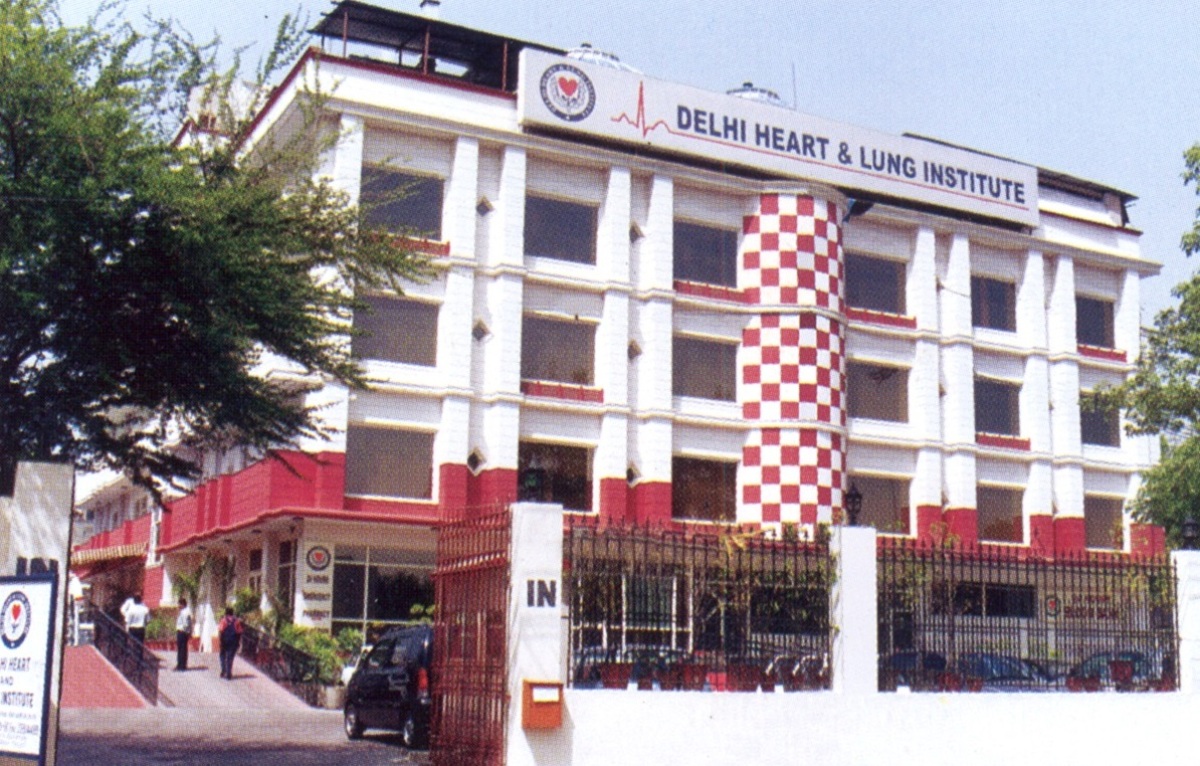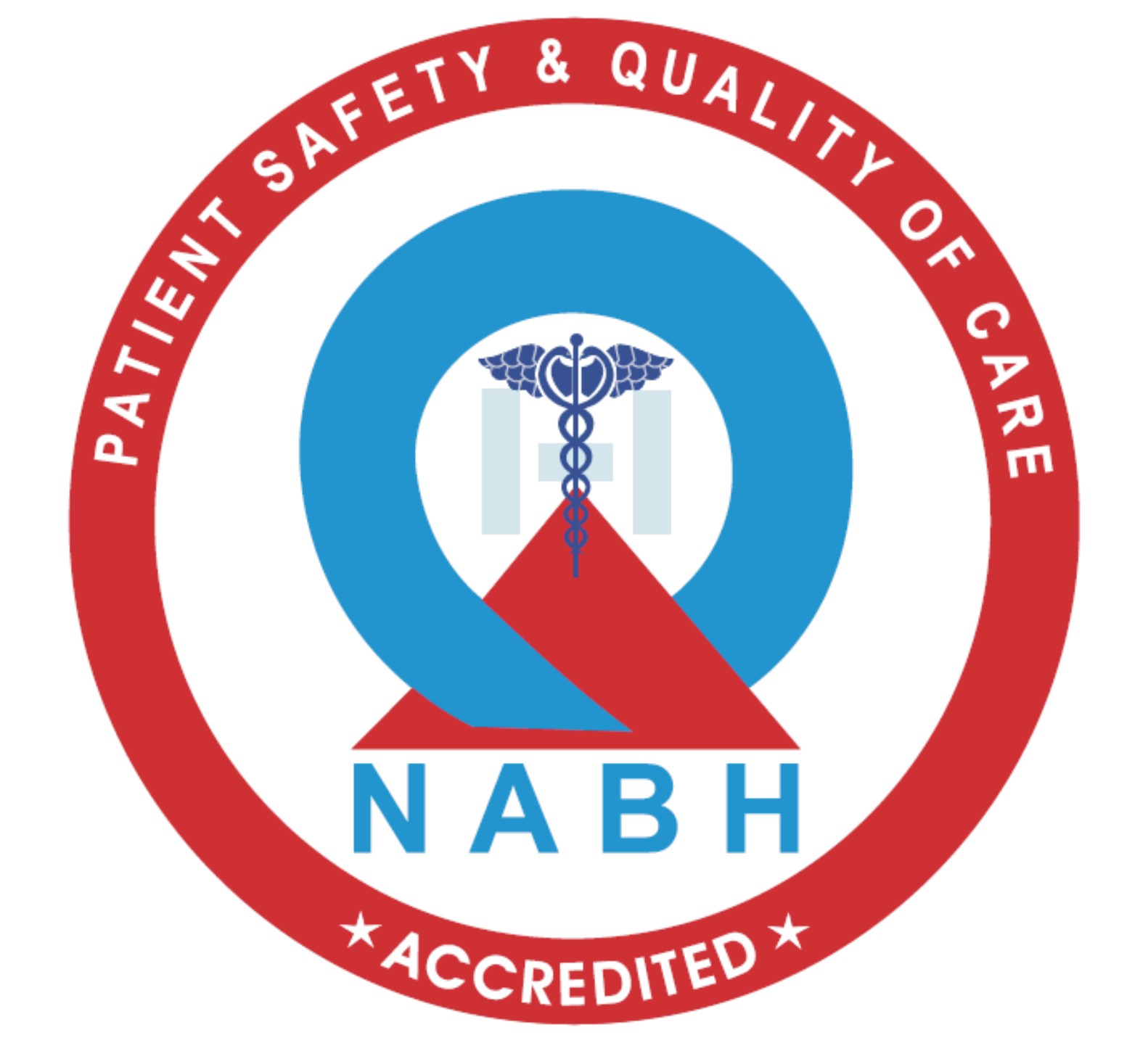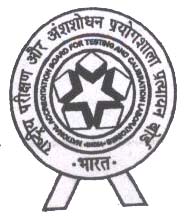Diabetology
Diabetology
The Diabetology Department at Delhi Heart & Lung Institute is dedicated to the prevention, diagnosis, and management of diabetes and related metabolic disorders. With diabetes becoming increasingly common, our team of expert diabetologists provides personalized care, lifestyle guidance, and advanced treatments to help patients live healthier lives while preventing complications.
Our Expertise in Diabetology
Comprehensive Diabetes Management
- Type 1 Diabetes
- Type 2 Diabetes
- Gestational Diabetes (during pregnancy)
- Pre-Diabetes and early detection programs
Complication Prevention & Management
Our diabetologists work closely with cardiologists, nephrologists, neurologists, and ophthalmologists to detect and manage diabetes-related complications:
- Diabetic kidney disease (nephropathy)
- Diabetic eye disease (retinopathy)
- Nerve damage (neuropathy)
- Heart and vascular complications
- Foot care & ulcer management
Lifestyle & Nutrition Counseling
- Customized diet and nutrition plans
- Weight management programs
- Exercise guidance tailored for diabetics
- Stress and lifestyle modification counseling
Advanced Treatment Options
- Oral medications and insulin therapy
- Continuous glucose monitoring (CGM)
- Insulin pump therapy for Type 1 diabetes
- Newer therapies like GLP-1 analogues and SGLT2 inhibitors (as per medical suitability)
Preventive Diabetology
- Screening of high-risk individuals (obesity, family history, sedentary lifestyle)
- Education and awareness programs
- Early lifestyle intervention to prevent Type 2 diabetes
Conditions We Treat – Diabetology
At Delhi Heart & Lung Institute, our Diabetology Department provides complete care for all forms of diabetes and related complications. Our focus is on early detection, effective management, and prevention of long-term health risks.
1. Type 1 Diabetes
Autoimmune condition where the body does not produce insulin
Specialized care with insulin therapy, insulin pumps, and continuous glucose monitoring (CGM)
2. Type 2 Diabetes
Most common form of diabetes, often linked to lifestyle and genetics
Managed through oral medications, insulin when needed, diet, and exercise
3. Gestational Diabetes
Diabetes diagnosed during pregnancy
Specialized monitoring to ensure mother and baby’s safety
Guidance for preventing progression to Type 2 diabetes later in life
4. Pre-Diabetes
Early stage with higher-than-normal blood sugar but not yet diabetes
Intensive lifestyle and dietary intervention to prevent diabetes onset
5. Diabetes-Related Complications
Our diabetologists work with cardiology, nephrology, neurology, and ophthalmology teams to prevent and manage:
Diabetic Nephropathy – kidney complications
Diabetic Retinopathy – vision-related complications
Diabetic Neuropathy – nerve damage, numbness, and pain
Cardiovascular Complications – heart attack, stroke, hypertension
Diabetic Foot Problems – ulcers, infections, and poor wound healing
6. Obesity & Metabolic Syndrome
Weight-related complications increasing diabetes risk
Personalized programs for weight loss and lifestyle modification
Holistic Diabetes Care
Along with medical treatment, we provide:
Diet & Nutrition Counseling
Exercise & Lifestyle Programs
Stress Management & Counseling
Long-term Follow-Up & Monitoring
TYPES OF DIABETES
Diabetes Type 1
Diabetes Type 1 or Insulin Dependent Diabetes Mellitus occurs more often in younger population. There is absolute lack of insulin and therefore these patients require insulin only to control their blood sugar levels.
Diabetes Type 2
Diabetes type 2 Non-Insulin Dependent Diabetes Mellitus is the most common form of diabetes and it occurs in relatively older & obese people. In this type of diabetes, one is still producing insulin but it is either not being made in sufficient quantities or is ineffective in controlling sugar. Most people with Diabetes Type 2 can be treated effectively by diet control, exercise, oral sugar controlling tablets or insulin.
Gestational Diabetes
It develops during pregnancy. In this form of diabetes, blood sugar normalises after childbirth. Women with gestational diabetes are more likely to develop Diabetes Type 2 later in life.
Symptoms of Diabetes
Following are commonly observed symptoms which should alert you about the possibility of diabetes:
| Excessive Hunger | Excessive Thirst |
| Frequent Urination | Weight Loss/Tiredness |
| Frequent Infections | Delayed Wound Healing |
| Vision Problems | Numbness of Feet |
| Heart Attack | Brain Attack |
| Frequent Urination | Weight Loss/Tiredness |
Impotence
In patients where there is family history of diabetes or they are obese, the chances are more. Long Term Complications of Diabetes
With the passage of time, uncontrolled diabetes can cause damage to blood vessels, kidneys, heart, nerves and brain.
The best way to avoid these serious complications is to maintain blood glucose within normal range and visit the doctor regularly, even when one is feeling fine.
Given the magnitude of the problem and the seriousness of diabetic complications, prevention & comprehensive management of diabetes is an obvious and logical choice. No magic cure of diabetes is in sight. Rational Management of Diabetes is Cost-Effective.
To lead normal fruitful healthy life, it is imperative that all diabetics should:
- Control diet
- Exercise regularly
- Monitor blood sugar and other complications
- Take medication regularly to achieve the following goals:
| Blood Sugar Fasting | <120 mg% |
| Sugar PP | <160 mg% |
| HbA1c | ≤7 |
| B.P. | ≤130/80 mm of Hg |
| Cholesterol | ≤200 mg% |
| Triglyceride | ≤150 mg% |
| LDLc | ≤80 mg% |
To help you achieve this, Delhi Heart & Lung Institute has started a Diabetes Care Programme under the renowned Diabetologist, Dr.Vinod Mittal. The Programme aims to provide adequate control of diabetes, prevent heart disease and manage this disease by an internationally renowned Cardiologist Dr. K K Sethi. Finally the aim is to teach the patient how to take good care of himself and add healthy fruitful productive years of life to diabetic patients.
‘Stop Diabetes’ The right way
Why Choose Delhi Heart & Lung Institute for Diabetology?
- Expert Diabetologists with experience in complex and long-term diabetes care
- Multidisciplinary Team Approach – collaboration with heart, kidney, and endocrine specialists
- Patient-Centered Care with personalized treatment plans
- Focus on Prevention as well as long-term control
- Comprehensive Facilities for diagnostics, counseling, and monitoring under one roof
Request On Appointment
Request Call Back

Delhi Heart & Lung Institute
# 011-42999999


